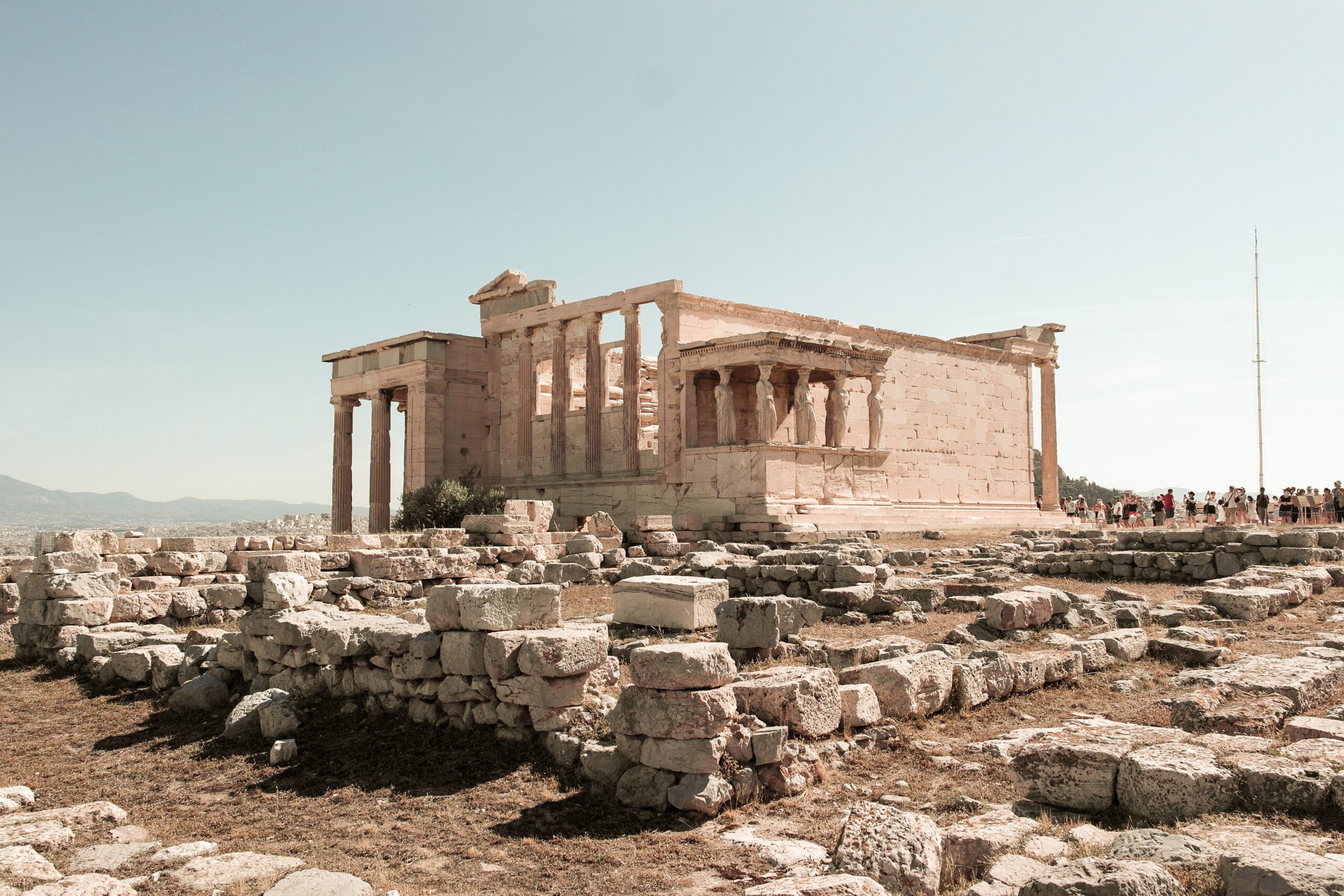Greece is often considered the birthplace of Western civilisation because of its many contributions to modern life. Greece is well-known not only for the contributions it has made to fields such as philosophy, astrology, and medicine but also for the historical landmarks it has to offer.
During its 40,000-year history, this nation’s land has been subject to various territorial conflicts; and some remarkable monuments remain from the varying eras showing off Greece’s vital position as an ancient force.
These are some of the best places to visit in Greece that will make you feel like you’re in a history book come to life.
Acropolis of Athens
The Acropolis is a tribute to the greatness of Ancient Greek civilisation and one of the most recognisable historical sites on earth. It rose above the Greek capital in the middle of the fifth century BC, the so-called Golden Age of Athens. The Acropolis is home to some important ancient Greek buildings and monuments, including the Parthenon, Propylaea, Erechtheion, and the Temple of Athena Nike.
The Acropolis is now a bustling tourist destination, serving thousands of visitors annually. You may also visit the Acropolis Museum, which is located close and has an incredible collection of exhibitions and artefacts excavated from the Acropolis.
Delphi
Delphi, perched on the foothills of Mount Parnassus, is one of Greece’s most fascinating archaeological sites. Among the numerous gods and goddesses venerated there, the Greek sun god Apollo held a special place in Delphi. Delphi, declared a UNESCO World Heritage Site, is considered one of Greece’s most significant historical sites.
The Temple of Apollo, the treasury, the theatre, and the stadium where the Pythian Games were held are all still standing and may be visited by tourists today. Delphi also has one of Greece’s most excellent archaeological museums, which explains the site well.
Mount Olympus
There’s so much more to Mount Olympus than simply a mountain. There is a wealth of natural wonders, historical sites, and mythological stories to be discovered. According to ancient Greek mythology, Zeus and the twelve Olympian gods made their home atop the mountain’s highest point, Mytikas.
Travellers may ascend to the top of the mountain and picture themselves travelling back in time to be with the gods of Ancient Greece. The magnificent mountain and the story of the greek gods have inspired some movies or even games like the Gates of Olympus at Platincasino. The Mount Olympus was regarded as the abode of gods, and is a great place to visit if your interested in the history of Zeus.
For those who don’t want to hike, the sacred city, Dion, is at the foot of Mount Olympus. There are several sanctuaries, including the Sanctuary of Demeter and the Sanctuary of Zeus Hypsistos, as well as numerous springs, villas, a Roman theatre, the foundations of a Christian basilica, and public baths.
Mycenae
Mycenae, a city in the northeastern corner of the Peloponnese, is famous for being the cultural cradle of the Mycenaean civilisation that flourished between the 15th and 13th centuries BC. It was lost to history and remembered only in myth and legend, such as the Trojan War.
The ruins of this once-great walled city are now a popular tourist destination for people all over the globe interested in learning about Greece’s rich history. The famed Lion’s Gate, the treasury, and the Cyclopean Walls are all remnants of the Mycenaeans’ might and sophistication.
Knossos
The Minoan Palace of Knossos is among Crete’s most famous and significant royal structures. The site was discovered in the early 20th century, virtually untouched and in ashes. The palace is known as the “Palace of Legend” because it is where the story of the Minotaur, Theseus, and Ariadne was thought to have occurred.
Visitors to the palace complex will be awed by the red pillars that have become a symbol of the palace, as well as the throne chamber of Minos, ruler of Crete, the exquisite murals, and the numerous well-preserved apartments.
Olympia
There is little question that the archaeological site of ancient Olympia, located on the Peloponnese peninsula, is one of Greece’s most well-known historical locations. There, from 776 BC to AD 393, took place the most significant athletic competition of antiquity, the Olympic Games.
More than that, it was a prominent Panhellenic religious sanctuary of ancient Greece, chiefly devoted to Zeus. It attracted worshippers from all over the Greek world and contributed to developing a Panhellenic identity among the Greeks during that era.
Several ancient structures, including the Temple of Zeus, and significant pieces of art, including the well-known Hermes of Praxiteles and the statue of Nike of Paionios, may be found at the archaeological site.
Conclusion
Greece is the ideal location for you to go to if you are looking for a country to visit that is rich in historical marvels. It is the perfect place for you to travel if you want to stroll through time and walk the same roads as the gods and goddesses who were thought to roam there.
In Greece, visitors may explore historical sites such as old temples and palaces, mythical mountains, and other places of fantastic beauty.

